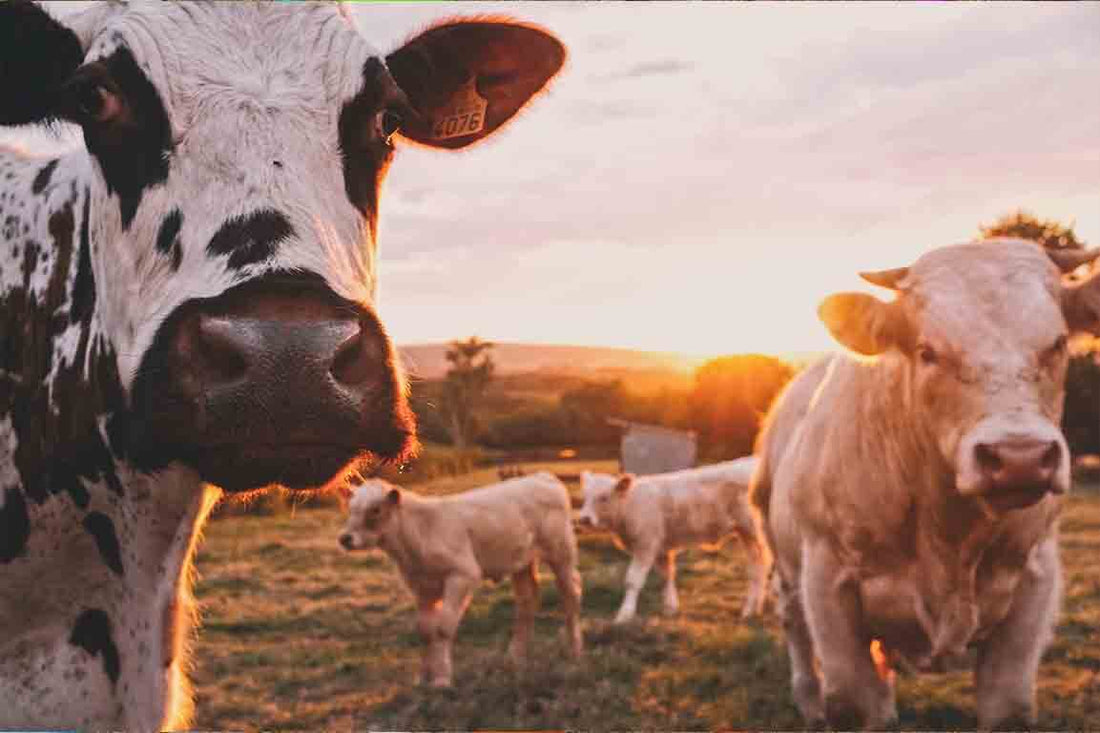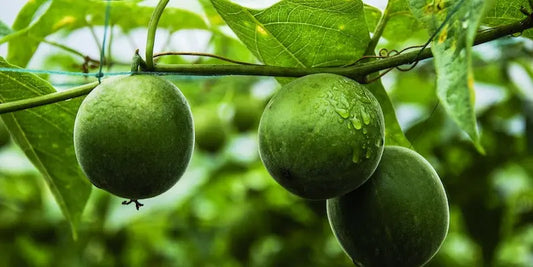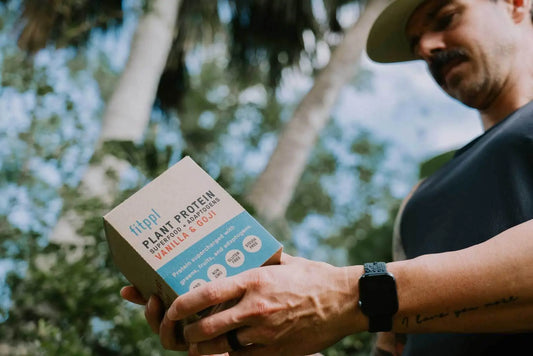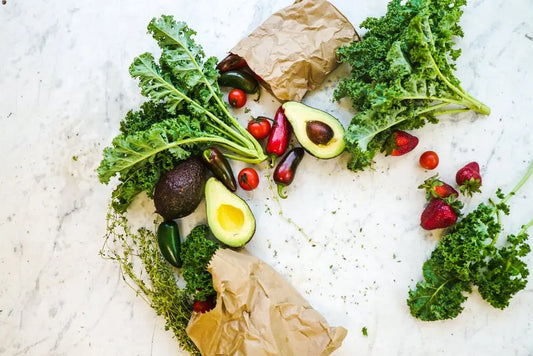Burgers, broccoli… and cow farts (yes, cow farts)

Killer title, right? Well it got you to start reading so, in that way, it was a success. It might be hard to believe these three things could have anything to do with one another, but they do. In the world of livestock farming, there is more to it than meets the eye (and nose.)
What these three things have in common is the same thing that is most important to our survival as a human race: water.Think about a pound of beef. You can walk into any grocery store, in any city, in any state, and purchase one right now. All we think about is what to do with meat, not how it got to us in the first place. Maybe you’re envisioning what to make with a pound of beef: a great meatloaf? Two cheeseburgers? A spicy chili? Sure. But what about how that meat was raised, fed, packaged, and delivered to you? We typically don’t like to busy ourselves with thoughts about that, but that’s on us. We need to own that fault, and attempt to change it. As a responsible meat-eater - just as a responsible citizen – we should be aware of how our food ends up on our plate. It’s our obligation. So, one pound of beef. How much water do you think it takes to produce one pound of beef?
The number you’re probably not thinking right now is about 2,200 gallons.That’s a surprisingly high number. It sounds unrealistic – but it’s true. It takes a swimming pool amount of water to produce each pound of beef. Beef production starts the moment a calf is born. To keep it alive, the fields must be watered to produce the grain for the cattle to eat. The cow needs to drink every day. If you extrapolate these needs over the course of its entire life, it really adds up!These days, terms like ‘compostable’ and ‘biodegradable’ are used synonymously, but there are slight differences that should be noted. Something labeled ‘biodegradable’ means that microorganisms cause decomposition and assimilation. Something labeled ‘compostable’ means the material biodegrades to produce carbon dioxide, water, and humus within a finite time frame. (Humus: No, we didn’t misspell hummus. Humus is an organic component of soil.) According to an article by The Sierra Club, the same amount of water “could produce 16 pounds of broccoli, 25 pounds of potatoes, enough wheat for 5 pounds of whole wheat bread.” Our water is also affected by pollution from animal waste. Anything from antibiotics, hormones, chemicals from fertilizers and pesticides – all can enter the water cycle as a side effect from spraying feed crops.
Manure can severely harm river and stream ecosystems. Farmed animals produce 130 times the amount of excrement as the entire population of the United States.That’s a lot of poop, and we don’t want it in our water. But factory farms don’t have sewage treatment systems, so there’s a high likelihood that our water becomes polluted in some capacity. Once these factory farm pollutants (nitrogen, phosphorus, antibiotics, and pesticides) reach the waterways they can wreak havoc on aquatic and human life. This polluted water can destroy topsoil, presenting problems for farmers. The water can contaminate our air. The water can kill natural populations of fish. Humans are not the only ones who are dependent on water to live – and we are not the only ones who are entitled to that water being clean. In large amounts, animal waste can present problems that are more than just an inconvenience – they’re a catastrophe. More than 2 billion tons of animal manure was produced worldwide in the 1990’s. 5% of that is nitrogen content that presents a hazard to our health and the health of other living things that depend on it. So, in the 1990’s, 100 million tons of nitrogen found its way into our water… and that number has only grown since then. What does this all have to do with cow farts? Well, those aren’t great for the environment either. It’s a funny problem, but a real one. Farm factory cows produce an overwhelming amount of methane gas, [insert fart joke here.] Why is that so bad?
As a greenhouse gas, methane is over 20 times as potent as CO2. It might not need addressing yet, but if we do not have the clean air and water to combat the effects of the powerful methane on the environment, it is soon to become a pressing issue.Let’s see a politician try to say ‘Cow Farts’ while keeping a straight face. To recap, a pound of beef can feed 2 people – but the same amount of water could produce 25 pounds of potatoes, which could feed a lot more. This article isn’t about convincing you to swear off the future consumption of all beef, quite the contrary. We encourage you to source locally-raised, responsibly-farmed beef from a farmer’s market and to minimize your dependence on the mass-produced beef that ends up on the shelves of your grocery store. Believe it or not, your choices will make an impact. Next time you have a red meat craving, either fight it or go for it. Cook a juicy steak or a jalapeño burger. But buy the beef in a way that is kind to the Earth… and enjoy it in a way that would make Ron Swanson proud.
Subscribe Us
Subscribe to our newsletter and receive a selection of cool articles every weeks







